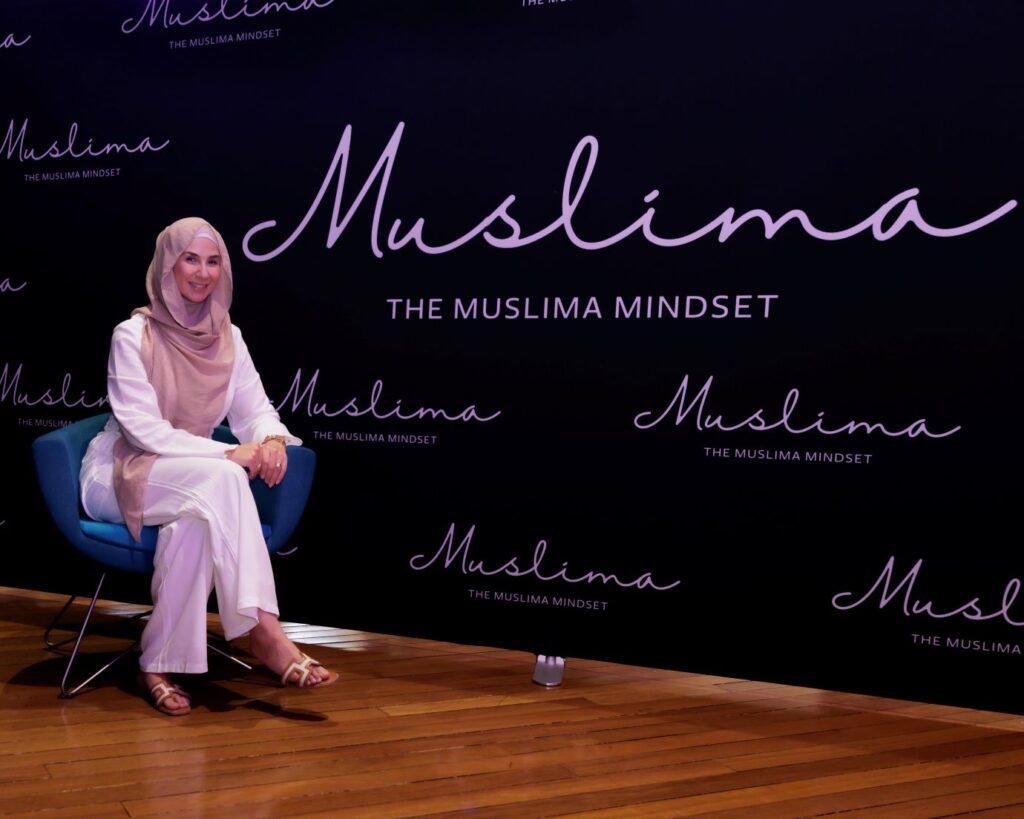When Melbourne mother of three Nina Fashik faced a major health scare, she was forced to pause and re-evaluate her entire life.
What mattered? What didn’t? For her, it meant doing something that aligned with her values, her community, and her sense of purpose.
This led her to develop The Muslima Mindset, a platform built to empower Muslim and minority women with financial literacy, entrepreneurial support, and a space to navigate the complex intersection of faith, motherhood, and business ownership.
But faced with the increased financial requirements of running a business, Fashik quickly discovered a difficult truth: Australia’s financial system wasn’t designed for her.
And she’s far from alone.
Across the country, countless women – particularly from culturally and linguistically diverse backgrounds – encounter a system that feels confusing at best, and exclusionary at worst. Countless studies show that women of all backgrounds – and particularly entrepreneurs – face a vast number of finance challenges that men simply don’t.
But for Muslim women, that challenge is even more specific.
The financial challenge for Muslim women
Mainstream financial products often conflict with Islamic principles. The typical banking experience is rarely culturally safe. And traditional pathways to capital can feel like closed doors.
Conventional banking and investment practices, many of which involve interest (“riba”), are prohibited under Islamic law, ruling out traditional mortgages, conventional investment products, and interest-bearing accounts. Instead these require alternative structures such as sharia-compliant Islamic bonds (“sukuk”) profit-sharing arrangements, asset-based financing, and cost-plus financing (“murahaba”).
Fashik describes feeling boxed out. Like the system didn’t see her, let alone work for her.
She told me, “I wanted to grow something meaningful, but I couldn’t access the financial support I needed without compromising who I am. That’s not a trade-off any woman should have to make.”
Indeed.
Eventually, Fashik found a way forward by connecting with Hejaz – a finance provider offering Shariah-compliant options designed to respect Islamic values. That support allowed her to fund and scale her business in a way that aligned with her beliefs, and The Muslima Mindset now runs nationally, hosting conferences and events that help other women find their footing in business.
The transformation was more than personal – it was systemic. And it highlights a bigger issue that affects far more than one woman, or one community.
When one group loses, we all do
While Muslim women may sit at a particularly difficult intersection of cultural, gender, and economic barriers, the underlying problem affects all women: Australia’s financial system wasn’t built with us in mind.
The evidence is everywhere. Women are underrepresented among business founders, especially when it comes to access to capital. Female-led startups receive a fraction of the funding compared to their male counterparts. Women of colour, even less. Add cultural or religious constraints, and the barriers become near-impossible to scale.
What’s also often overlooked is just how many of those barriers are structural, not personal. It’s not a lack of ambition, drive, or good ideas that holds women back – it’s a system designed without their realities in mind. And when women feel invisible or excluded from financial services, they’re more likely to disengage entirely.
This is why Fashik’s experience matters to all of us. Because it forces us to ask: Who gets to participate fully in the economy? Who gets to build and grow businesses without having to bend their identity to fit the mould?

Political solutions to political problems
If we can reimagine financial services to work for a Muslim woman trying to start a values-aligned business while raising a family, we can build systems that work better for every woman.
This is because an entire system designed for white, middle-class, male entrepreneurs as the default represents a political problem that cannot be solved at an individual level.
Instead we must build more flexible funding models, more culturally competent advisors, and more diverse voices in decision-making roles. This would benefit all women – and other minorities as well – which also makes economic sense.
In our current system, minorities represent an untapped well of innovation, creativity, and resilience. So failing to support them isn’t just unjust, it’s economically foolish.
We need to stop asking individual women to conform to a rigid, narrow model of entrepreneurship and start reshaping the entire model to reflect the real, and highly diverse, lives of women today.
The good news? Some financial institutions are starting to get it, like Hejaz. These organisations are proving that it’s possible to be profitable and inclusive. Ethical, values-aligned finance isn’t just a niche.
Because at the end of the day, this isn’t just a Muslim women’s issue. It’s a women’s issue, full stop.
But when we build systems that include, respect, and empower the full spectrum of womanhood – regardless of culture, background, physical ability, or religion – we unlock a future where every woman gets a fair shot at success. And stories like Nina Fashik’s remind us: it’s possible.
Become a Women’s Agenda Foundation member and support our work! We are 100% independent and women-owned. Every day, we cover the news from a women’s perspective, advocating for women’s safety, economic security, health and opportunities. Foundation memberships are currently just $5 a month.
Bonus: you’ll receive our weekly editor’s wrap of the key stories to know every Saturday. Become a member here.


